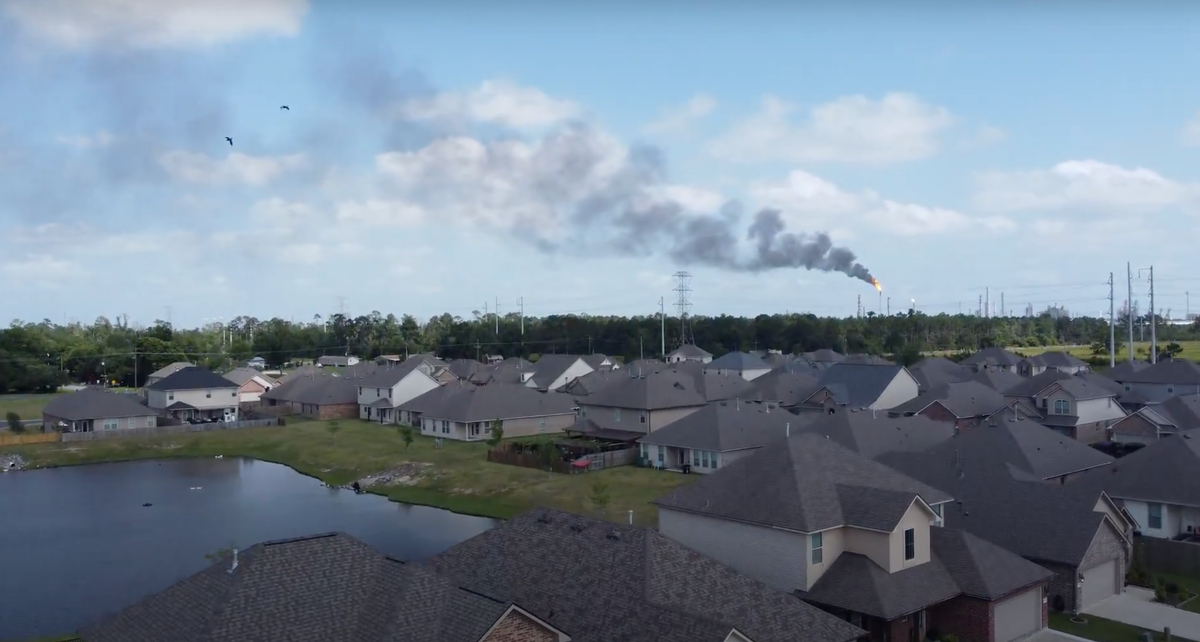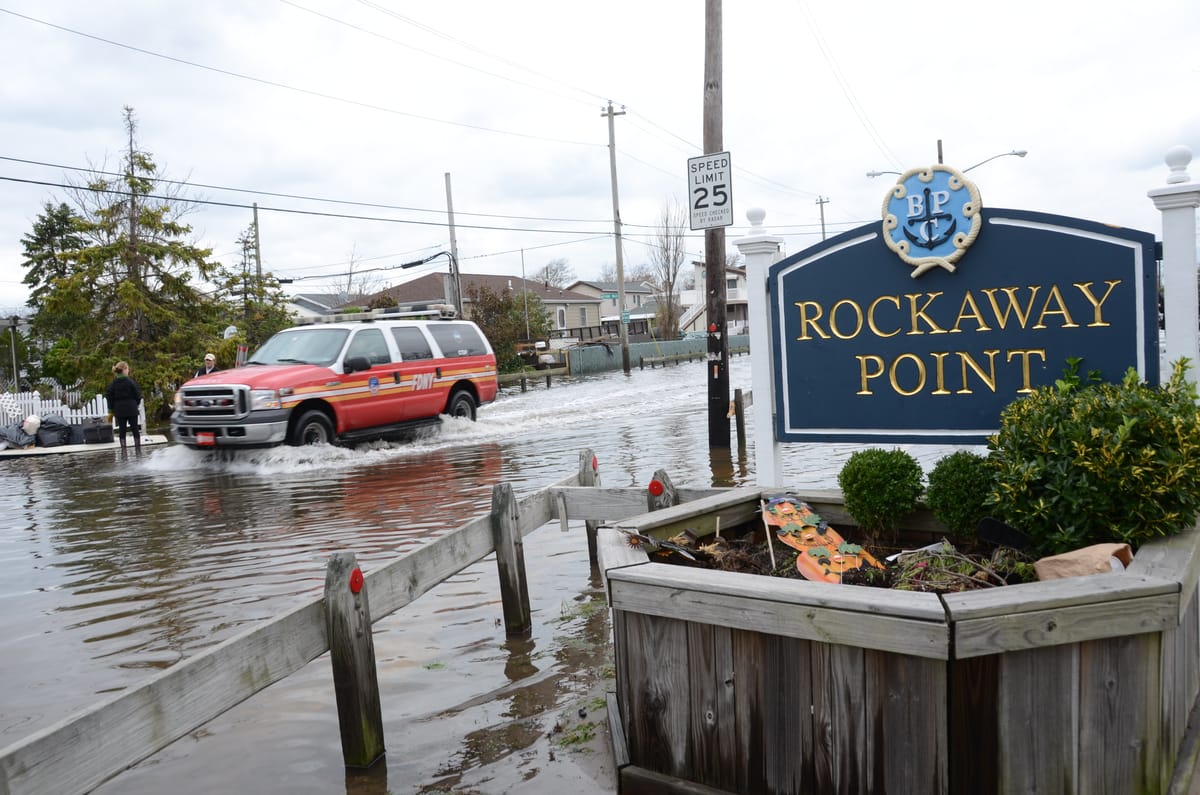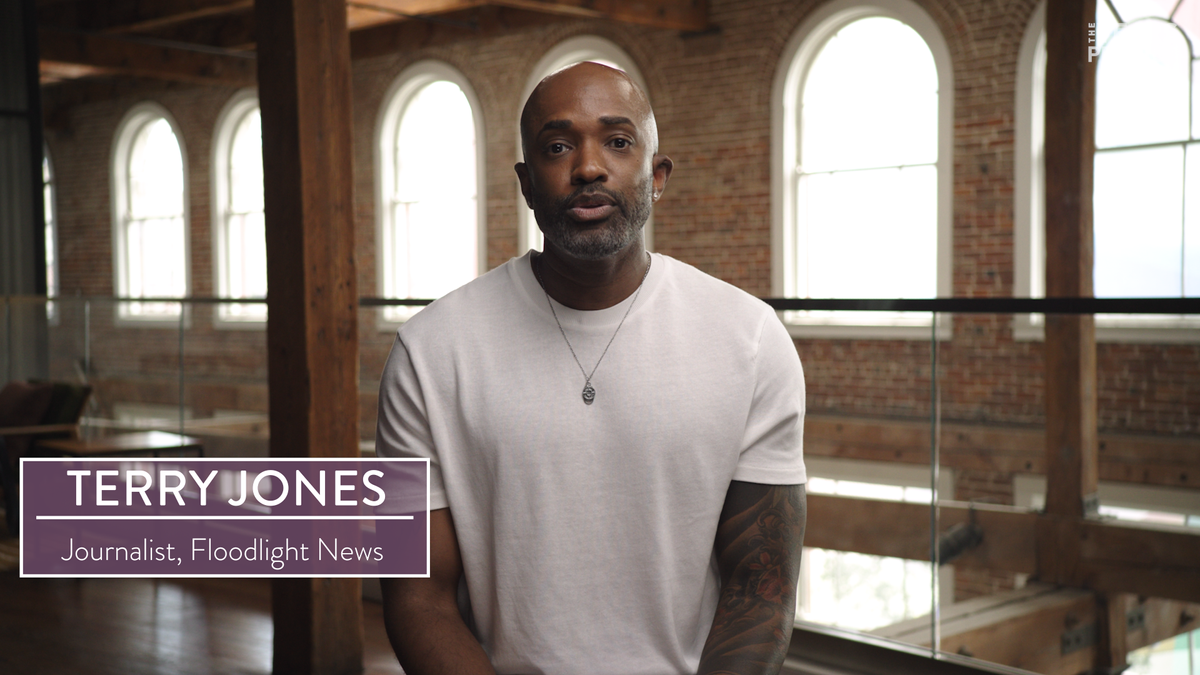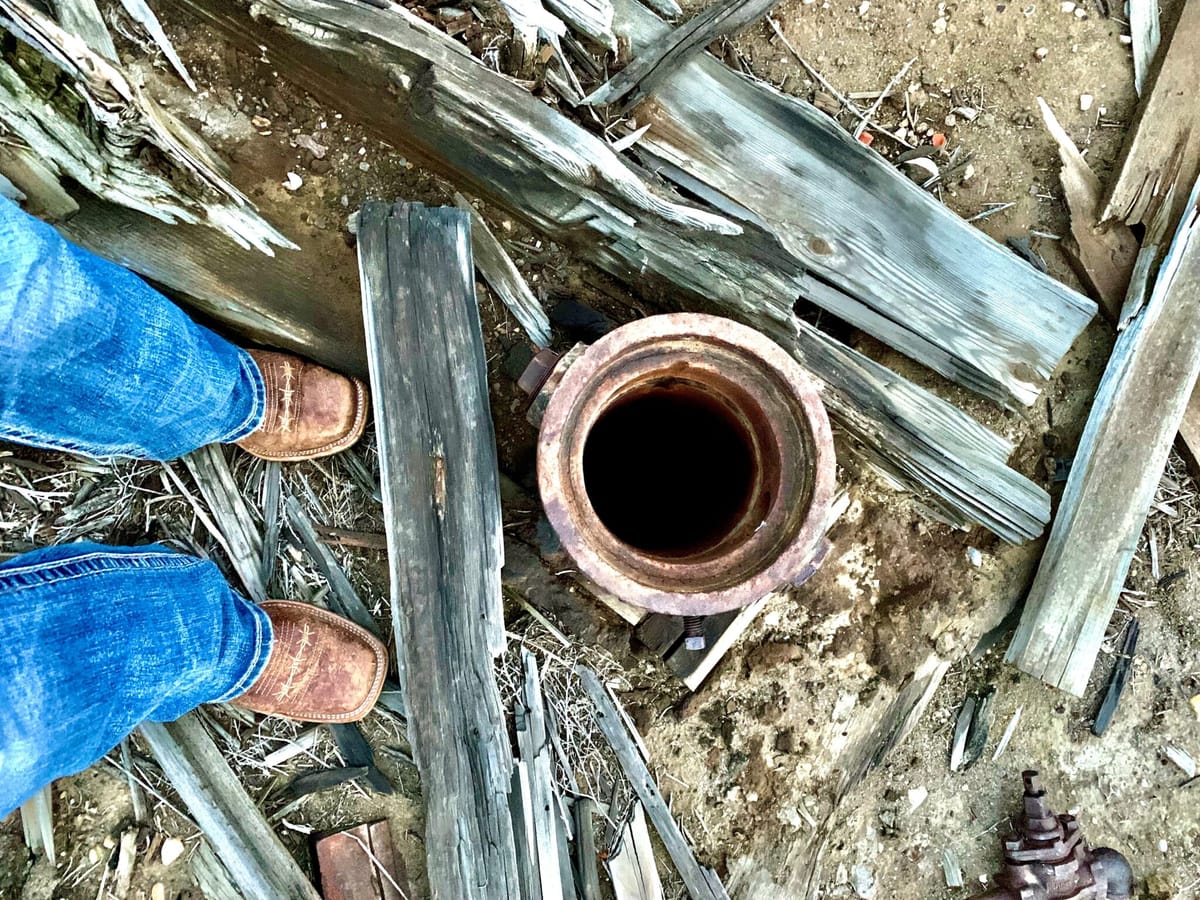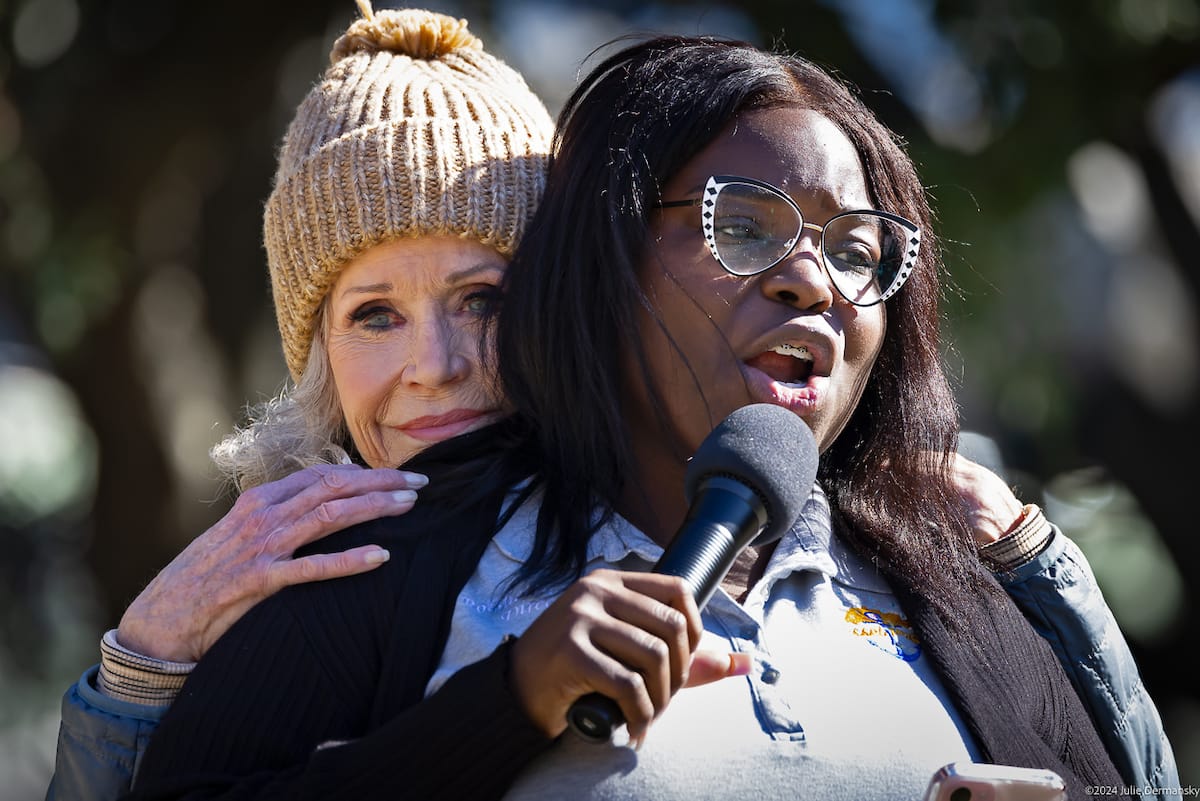Behind the byline: Four questions for Floodlight’s Terry L. Jones
What it’s like to report on pollution in ‘Cancer Alley’ — and how he unwinds afterward.
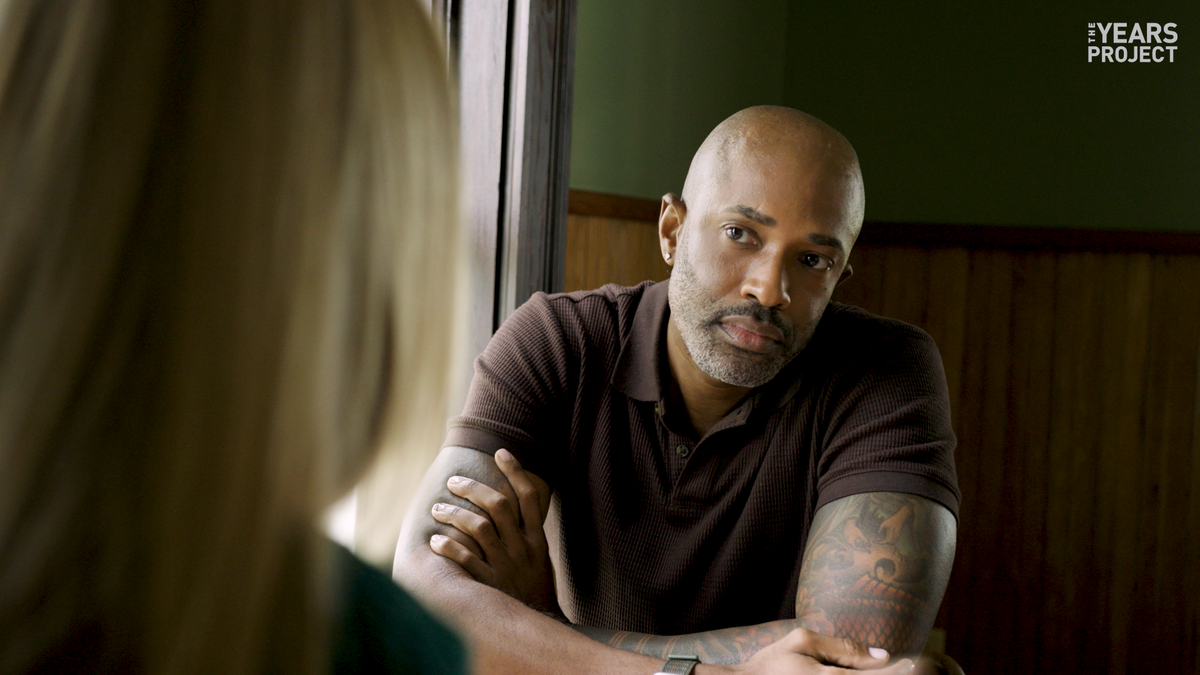
What was your path to becoming an environment reporter?
I had been covering local politics for 16 years when Floodlight approached me with the opportunity, around a time when I was becoming somewhat disenchanted with journalism. I was also hesitant because I had no experience covering climate change or the environment. I thought something like that was better suited for someone way smarter than me. But I was told my experience with government reporting, which involved a lot of accountability journalism, could help me ease into a position at Floodlight. Also, many of my relatives live in the communities overburdened with industrial pollution, so I had some first-hand knowledge of the challenges and struggles of the people who live in what’s known as “Cancer Alley.” So I decided to take a chance and make the shift, hoping my work at Floodlight could help move the needle when it comes to environmental justice issues particularly.
What’s something surprising or memorable you’ve learned while reporting for Floodlight?
It was reporting on abandoned wells. I remember seeing pictures a source sent to me and I was like, “Wait. We used to play around these things when I used to visit relatives in rural Mississippi.” Learning how dangerous and harmful leaks from them can be was sort of sobering. I laugh about it now, but in reality, it underscored why my reporting was so important. I began to picture kids like me and my cousins still horseplaying around these things that oil and gas companies have just left abandoned with no care to clean up their messes.
What's a challenge in this beat that people might not realize?
It can oftentimes feel overwhelming seeing how money and power supersedes human health and environmental consciousness. You sometimes feel powerless, like the work you’re doing will never be enough. And then out of the blue you’ll meet someone, introduce yourself, and their faces light up and they tell you they’ve read your stories, and thank you for covering something or bringing attention to an issue and then you think, “Ok, this is worth it. People are paying attention.”
What’s something you turn to when you're offline for balance or inspiration?
This is definitely not for inspiration. And I’m almost embarrassed to admit this, but it's trashy reality shows: “The Kardashians,” “The Secret Lives of Mormon Wives”... I have to report on such dire issues and often dark realities plaguing this country that once I’m offline, I just don’t want to have to think anymore and prefer getting lost in other people’s drama.
Read some of Terry's stories:
